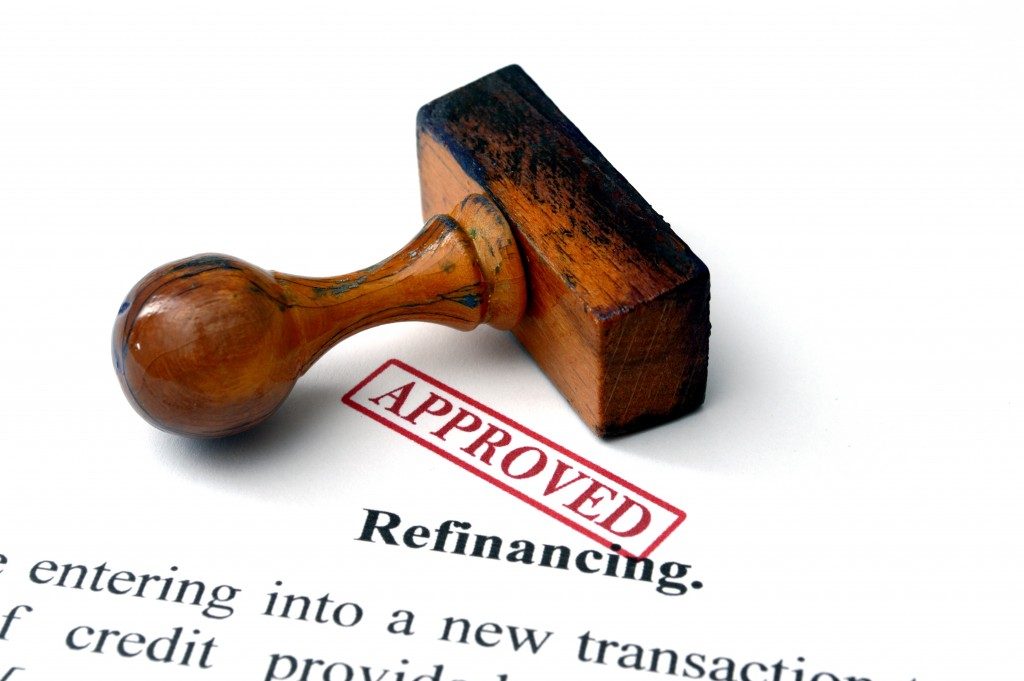Whether you plan to refinance in Texas or New Jersey, you should only do so when you want to pay a lower interest rate, consolidate other loans, and eliminate mortgage insurance.
Homeowners should also consider the possibility of relocating into a new city or state since refinancing their mortgages means that they would have to stay put until they pay off their loans. While current mortgage rates have been favorable for borrowers, it also doesn’t make sense to refinance a 30-year mortgage when you already paid half or more than 50% of the principal amount.
The Best Reasons for Refinancing
If your current mortgage payments have been equal to less than 15 years, it’s a good idea to refinance and get a lower interest rate. Also known as a rate-and-term refinance, this means that you would take out a loan to pay off the first one. Remember that refinancing resets your payment clock to zero, and your monthly payments will be more significant if you choose a shorter term.
In case you switch to a 15-year mortgage from a 30-year loan, your monthly payments will be higher, but you will be paying lower overall interest. Debt consolidation serves as another reason to refinance, particularly a cash-out type of loan. This lets you settle loans with high interest such as credit cards, or use the money for home improvements. The IRS said that you could deduct the mortgage interest from the cash-out amount on your taxable income, provided that it is higher than the current loan balance and you plan to use it for home purchases or renovations.
Homeowners who initially took out FHA loans could also refinance if they wish to get rid of the mandatory mortgage insurance. You can refinance an FHA loan with a conventional mortgage if you already own a 20% equity on the property.
Be Aware of Closing Costs

Closing costs can determine if you must refinance since these often bear the same amount as when you apply for a new mortgage. The nationwide average closing cost for a refinanced mortgage amounts to $4,345 this year. The actual cost will depend on the lender and where you live in the U.S.
As an example, you can save more than $47,000 from a $160,000 30-year mortgage with a fixed rate of 4.45% in 2011 if you refinance it with a 15-year lease with a fixed 3.26% interest. The net savings already excluded the average closing costs and other transaction expenses. Even if your monthly amortization will increase by almost $200, it’s quite evident that refinancing will save money from reduced interest payments.
In the end, you should avoid refinancing a mortgage if you plan on moving out of your home in the next few years since it can take a while before you recover the upfront expenses from a refinanced mortgage. Likewise, remember that it is not advisable to refinance if you recently bought your house despite rates falling within the first year of your original mortgage.
